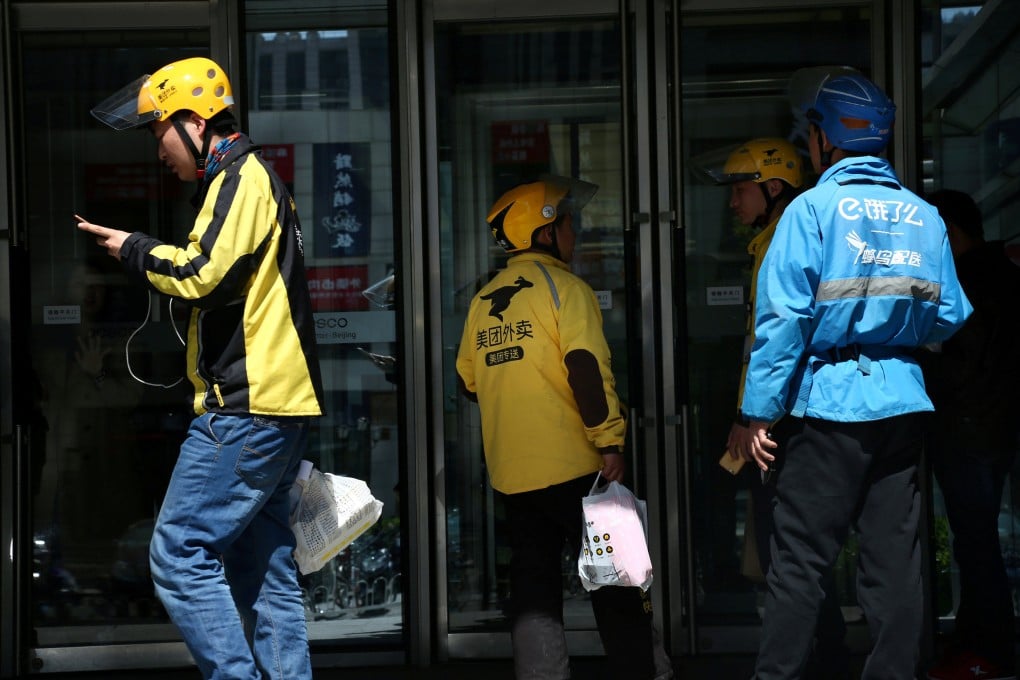Douyin’s food delivery operation expands footprint fivefold to cover 30 major Chinese cities in competition with Meituan
- The Chinese version of TikTok is expanding to 24 new markets including Shenzhen and Tianjin to capture a larger slice of China’s lucrative food delivery pie
- The aggressive expansion brings owner ByteDance up against industry giant Meituan, which has more than four times as many merchants on its platform

The platform known for its short video offerings, which has slowly crept into “super app” territory with many different services, will expand its food delivery business to 24 new cities, including major markets such as Shenzhen, Tianjin, southeast of Beijing, and Chongqing, in southwestern China.
The number of new cities is four times more than where it was already operating, bringing Douyin food deliveries to a total of 30 major cities. When complete, the expansion will cover 70 per cent of Chinese provincial capitals, including Shenyang, Shijiazhuang, Jinan and Hefei.
Still, Douyin remains a much smaller player in this space compared with Meituan and Ele.me, whose owner Alibaba also owns the Post. The expansion push may have a limited short-term impact on China’s larger food delivery platforms, according to Zhuang Shuai, founder and chief analyst of market consultancy Bailian. Meituan’s main edge, he said, is its large network of riders and merchant partners.
As the largest on-demand delivery service provider in China, Meituan had 6.24 million food delivery riders and over 9.3 million merchants on its platform last year, according to the company. By comparison, Douyin said it had 2 million merchant partners as of April.